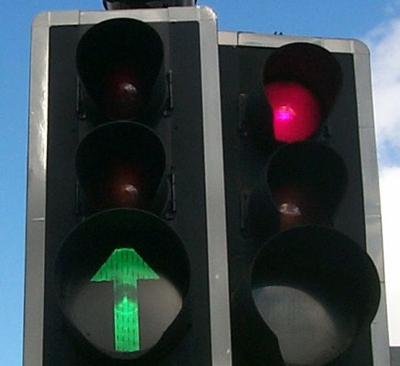Intelligent traffic systems
As Britain’s roads get busier and busier, we need intelligent and sustainable solutions to keep traffic flowing swiftly and safely. Members of the University of Southampton’s Transportation Research Group (TRG) are investigating ways of improving how we get around our cities and exploring how to cut congestion on motorways and major trunk roads. Their expertise is also in demand around the world from transport planners who want to avoid gridlock in their communities.
